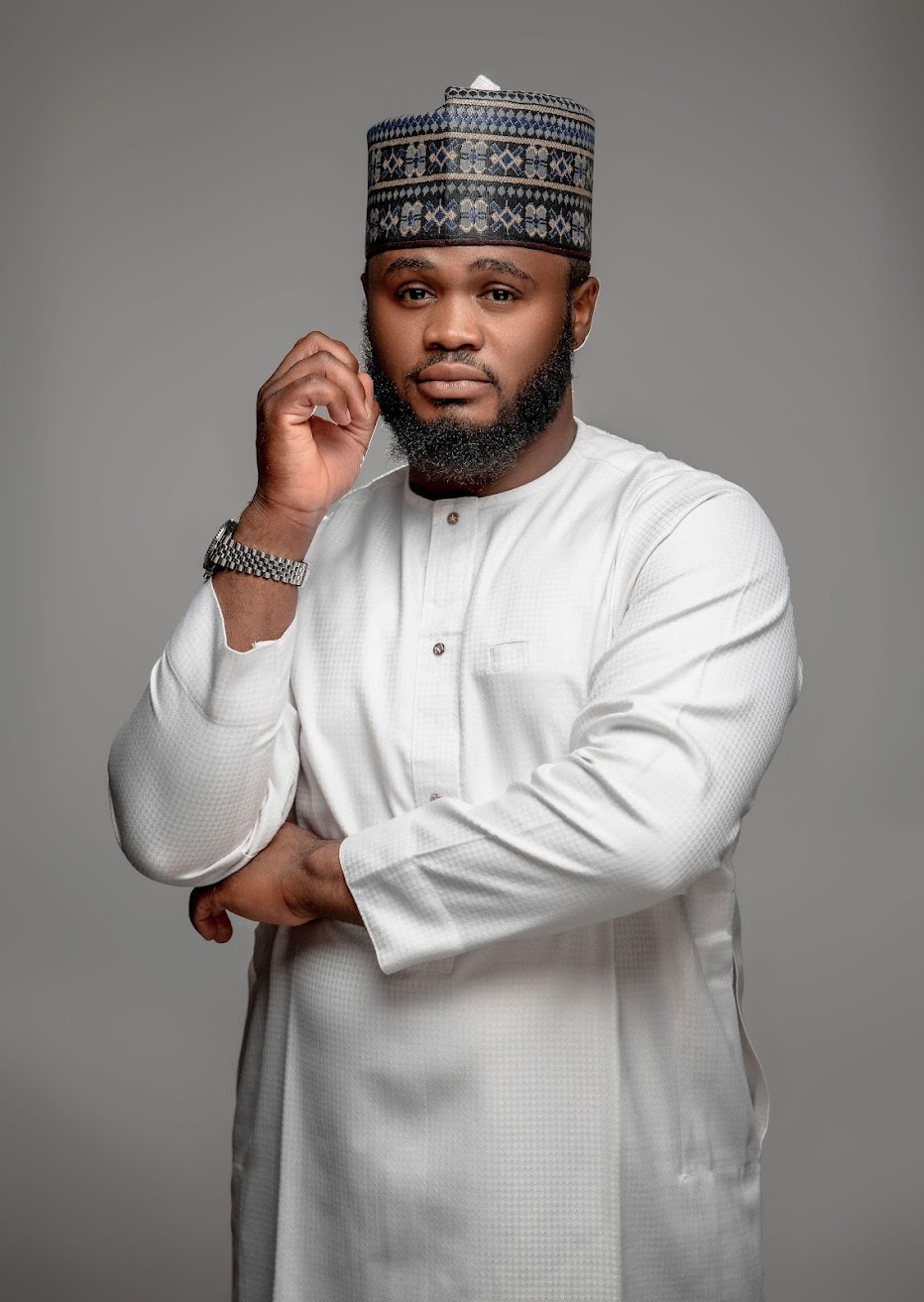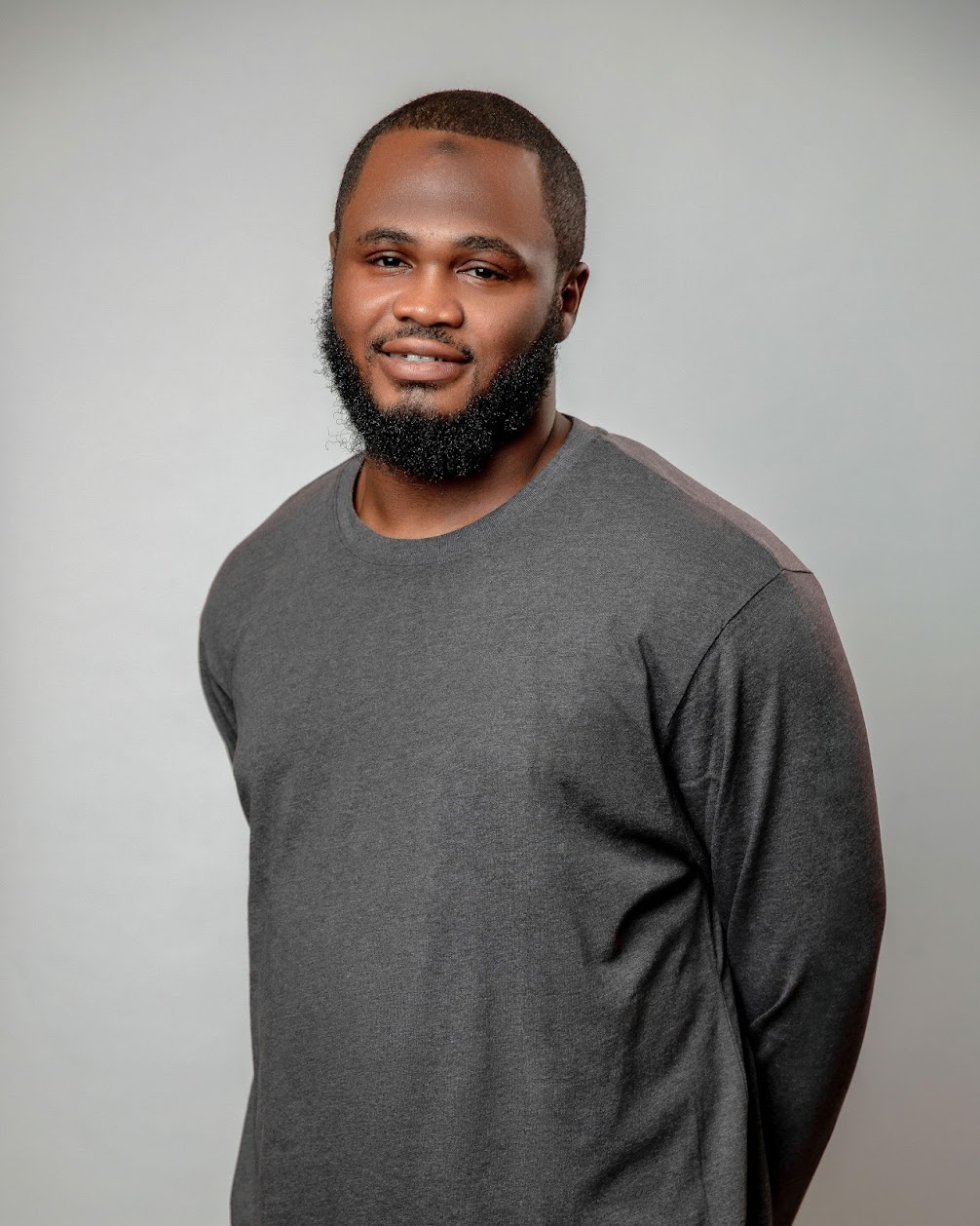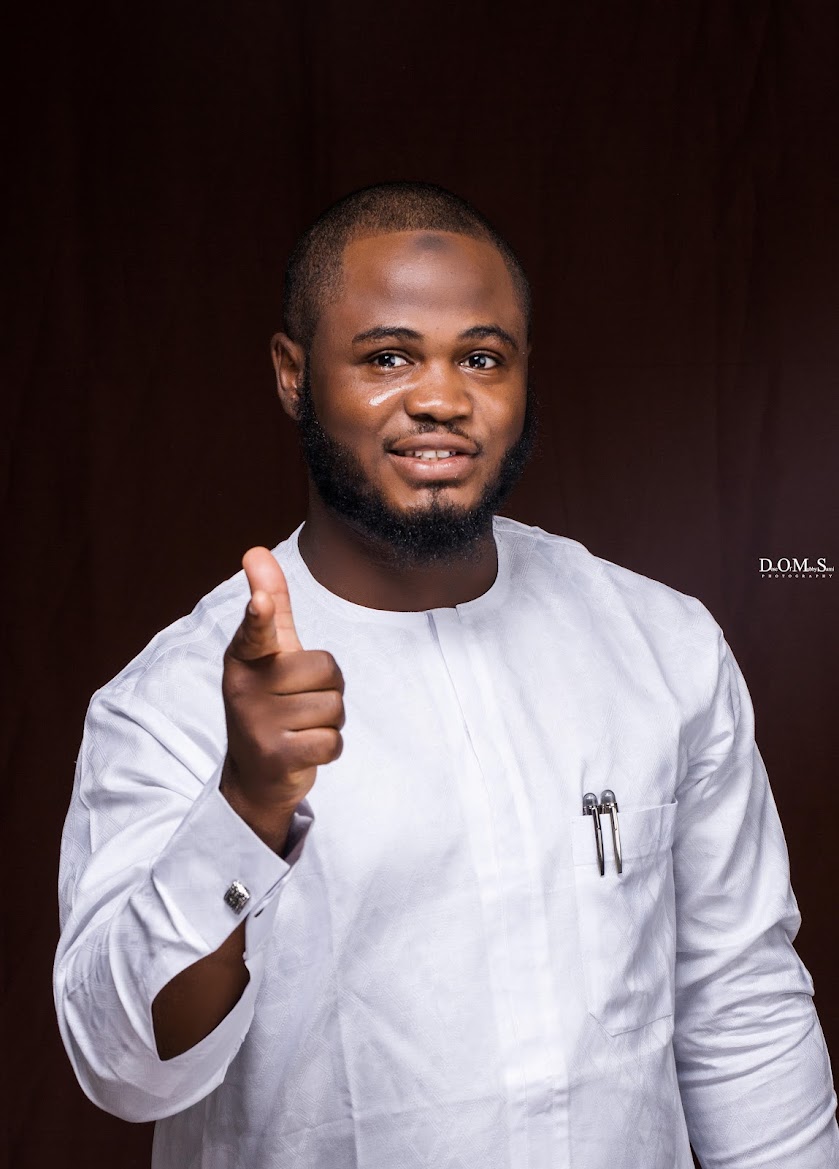How building a YouTube channel helped a Muslim influencer on his faith journey

Sharing religious advice online comes with a lot of responsibility and that’s not something Nasiruddin Shuraim Abdulmumin takes lightly. The 27-year-old YouTuber and TedX speaker started a channel called Did You Know Studios in 2016 to share his faith with his followers. Since then, he’s been interviewing some of the most influential figures in the world of Islam, touching on many taboo topics and educating his community about his religion.
Having studied Islamic Theology at Al-Hikmah University, Shuraim knew he wanted to share a religious message but he wanted to deliver it differently, and YouTube became his platform of choice. So after his first interview with Mufti Menk, a scholar twice listed as one of the ‘500 Most Influential Muslims in the world’, he knew he had found his purpose. In 2017 Shuraim was invited to perform a pilgrimage as a guest of the King of Saudi Arabia.
As his popularity grows, we spoke to Shuraim about why young people trust influencers more than religious institutions and how starting his channel helped him on his own personal faith journey.
Why did you choose YouTube to share your spirituality?
For me, YouTube was the easiest and least stressful way to spread my message. The restrictions that come from broadcasting on TV, for example, don’t exist with YouTube. There’s a lot more freedom and I think that’s very important when it comes to a topic like religion. You need to be able to speak freely and honestly. That is something I pride myself on - talking about issues that some people may consider controversial or taboo.
Why would you say it’s very important to share some of the more taboo topics you discuss?
Well, the question I always ask myself is: If I don't talk about it, then who will? The reason why I’m doing this is that I want people to be enlightened. I want them to feel comfortable coming forward with their troubles, talking about them and seeking help. The journey of enlightenment means answering difficult questions about behaviours and talking about things that make us uncomfortable. So If I’m not ready to cover taboo topics, then what would be the point of having this channel?

With almost half a million views on your YouTube channel, how do you plan to grow your social profile to reach more followers?
I am proud that my channel has grown very organically without any marketing. It’s gone from one subscriber to about 9000, and I think it’s because I’m offering something unique to my audience. However, I would like to reach a larger audience online so I’m planning to bring in some social media experts who can help me build my online following.
Have you used Google’s tools, programmes or training to help your channel grow and be discoverable online?
Google Search helped me a lot, especially in the early stages of starting my channel. I Googled so many different things to find inspiration for content, to see what other people were doing in the religious space and to watch how TV hosts conducted interviews. I believe that every young person needs someone to take them somewhere within themselves that they cannot get to by themselves. However, sometimes you don't have that person to hold your hand, so I used Google as a starting point to help discover and explore different ways I could share my spiritual message.

Has starting this channel helped with your personal faith journey?
Most definitely. Some people think that a lot of spiritual leaders just grew and became spiritual. But that’s not always the case, it’s a journey. When I’m interviewing my guests on YouTube, I’m learning from them too. These interviews are changing my whole perspective on life. I’ve learnt new behaviours, such as praying more regularly and I’ve learnt more about the person I want to become. Sharing my faith online has certainly helped me become a better human being and helped me become a better leader in my community. These are all things that I didn’t expect to happen when starting a YouTube channel. As I’ve grown within my own personal faith, it has made me feel more responsible. I intentionally make careful decisions for myself and the brand. For example, now that we have a studio, we can make better editing choices like deciding after a shoot that the content isn’t right for our audience. We can choose whether or not to release a video depending on if it’s beneficial to my community.
Do you feel like you have a responsibility to your YouTube audience to provide advice and guidance?
I do feel responsible, and that's why I'm very careful about who I choose to talk to on the channel. We carefully research each topic we feel is relevant and timely from sexuality to addictions and body issues. These are not just topics for Muslims, but for a wider audience too. People like myself, with a community that relies on us and trusts us for information and advice, should feel responsible because we have a duty to our audience.

Why do you think young people’s trust in religious institutions is low, but trust in religious influencers is still high?
Young people’s trust in religious institutions may be low right now but religious institutions are extremely important. They provide knowledge that is incalculable and forever valuable. Young people may tend to put religious scholars on a pedestal that seems out of reach while religious influencers like me are committed to making followers feel more comfortable and understood because we talk to them in a very relatable, human way. This often means when the scholars do something we disagree with or make a mistake, we lose all trust in them forgetting that they are human beings too. As influencers, we do need to be careful because people are looking up to us. We need to keep educating ourselves and be more prudent and sincere in whatever we do.
With many Muslim influencers growing large digital followings, what is the future of the faith in the digital age?
I don't think it's going to be very different, but it will definitely improve. Nowadays, a lot of people are sharing their religious knowledge online, and we even opened an online school during the Coronavirus pandemic. We had about 4000 students globally, Muslims and non-Muslims, and we had scholars from all over the world offering free classes for anyone interested in learning more about Islam. It really showed us that people are ready and willing to learn more about religion. That’s why we need to encourage as many clerics as possible to understand the importance of social media. Because we are in a time where a lot of people are very comfortable with learning and understanding faith digitally. So we need to make sure that the people who are experts in this field, who are maybe from a different or older generation, can reach audiences in person as well as online.

What would be your advice for young people hoping to engage with spirituality today?
My first piece of advice is to be open-minded. You can learn about religion from a range of different people, regardless of their faith. Secondly, as a young person, I think it’s important to find a mentor. Someone who will be there for you, who will guide you, who will love you sincerely and help you as much as they can on your spiritual journey. Thirdly, attaining spirituality doesn't mean you have to forget your humanity. Instead, you should be embracing it. Embrace how fickle you are, how imperfect you are and embrace your mistakes. It will bring you closer to the spiritual person you want to become. Finally, be patient with yourself during your personal journey. Focus less on societal pressures and be more self-accountable.
====





